Guide is designed to boost investment in sustainable aquaculture, now available for download
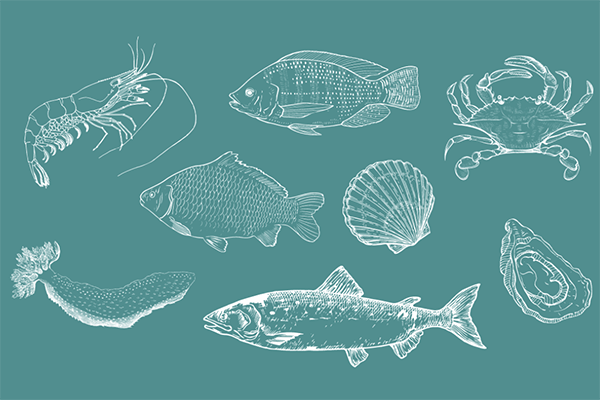
The World Bank has released The Global Aquabusiness Investment Guide, a framework to navigate the world’s fastest-growing food sector. The 144-page guide outlines what’s needed to encourage investment in sustainable aquaculture and grow businesses in a socially, environmentally and economically sustainable way.
The guide can be used by a wide range of stakeholders and organizations, including governments, private and public sector investors, private aquaculture operators (especially small and medium enterprises), development partners, non-governmental organizations (NGOs), donors and research organizations.
“The rapid growth of the aquaculture sector, coupled with various trends such as increasing demand, technological advancements and supportive investments, presents numerous opportunities for stakeholders across the industry,” wrote the authors. “However, to fully harness these opportunities while safeguarding against potential challenges and negative social, ecological and economic impacts, there is a critical need for a consolidated set of principles to guide sustainable commercial aquaculture development.”
The guide was created by reviewing existing frameworks and best practices for aquaculture, as well as studying global examples of successful and challenging aquaculture investments. It also involved comprehensive stakeholder engagements in the aquaculture industry. These activities helped identify the needs of the guide’s users and common factors that drive sustainable aquaculture businesses.
The guide is global in geographic scope and applies to all major aquaculture species groups, production systems and production scales. It encompasses activities along the entire value chain, from primary production to supporting industries and services (e.g. feed production and veterinary services) and the production of aquatic non-food products.
“The Principles are a publicly accessible ‘living document’ that will be updated periodically as new learnings emerge,” wrote the authors.
Now that you've reached the end of the article ...
… please consider supporting GSA’s mission to advance responsible seafood practices through education, advocacy and third-party assurances. The Advocate aims to document the evolution of responsible seafood practices and share the expansive knowledge of our vast network of contributors.
By becoming a Global Seafood Alliance member, you’re ensuring that all of the pre-competitive work we do through member benefits, resources and events can continue. Individual membership costs just $50 a year.
Not a GSA member? Join us.
Author
Tagged With
Related Posts
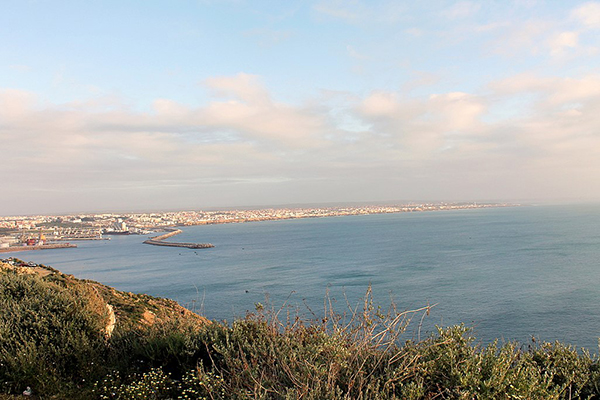
Responsibility
World Bank loan to Morocco will help launch its Blue Economy program
With the loan, Morocco will develop institutional frameworks, improve natural resources management and build a climate-resilient blue economy.
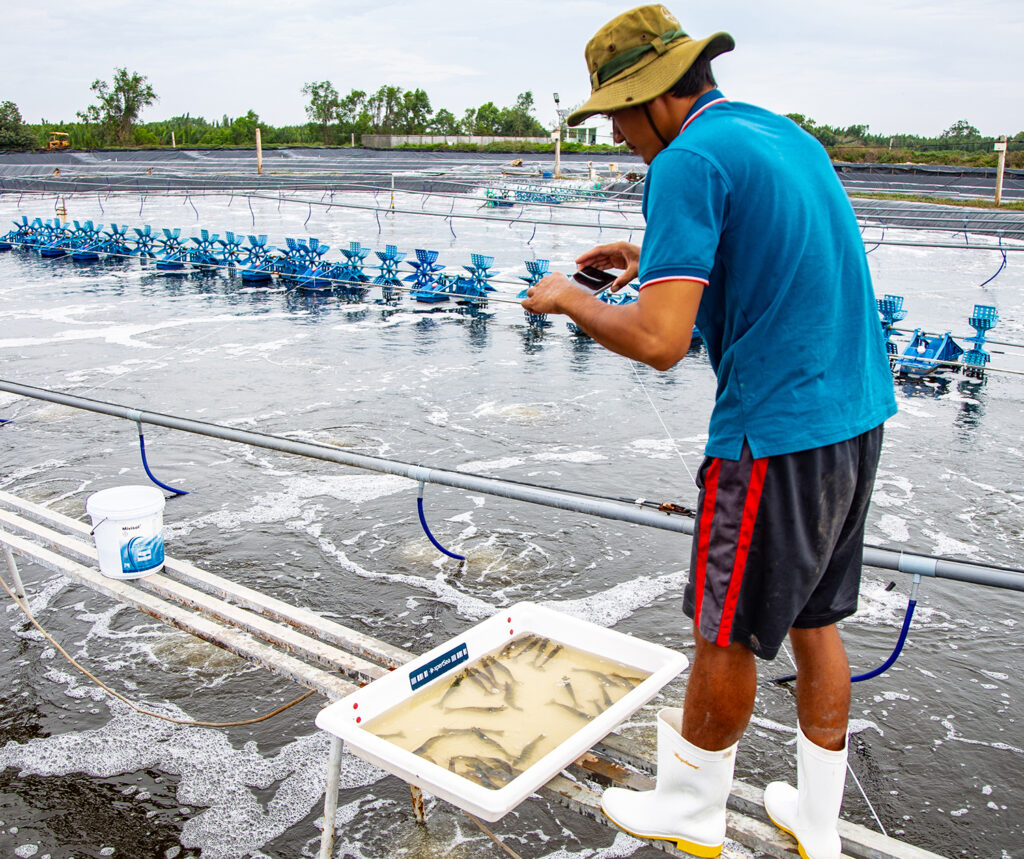
Innovation & Investment
Investors see a flurry of activity putting aquaculture on fast-forward
Aquaculture is the world’s fastest-growing food sector, yet many investors have stayed away. A string of summer deals indicates a shift.
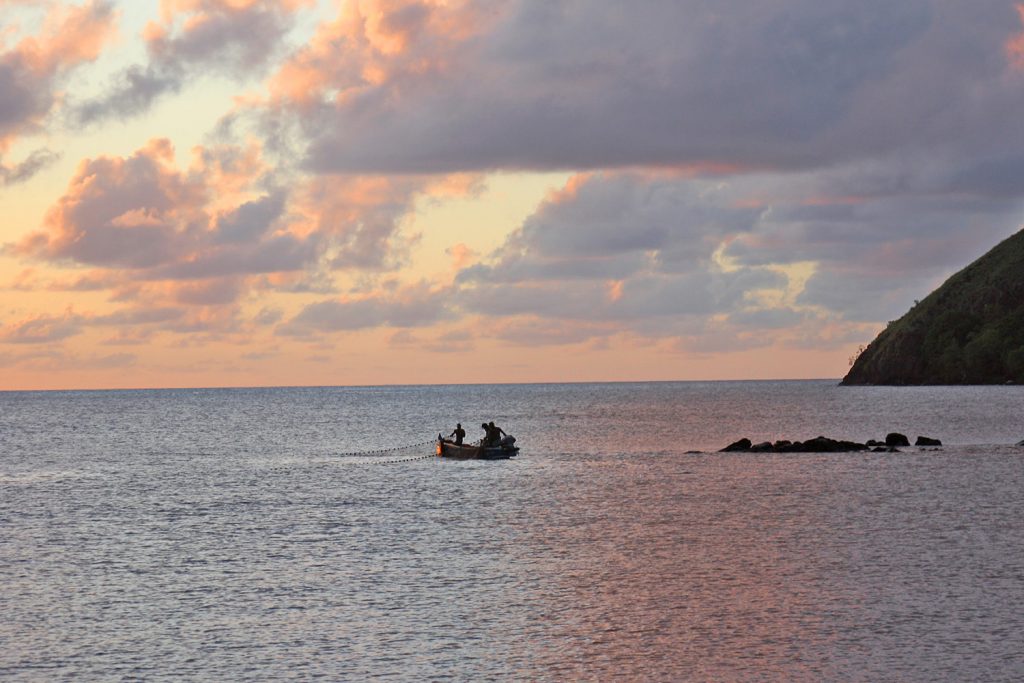
Innovation & Investment
Financing a sustainable ocean economy
A healthy environment that supports a sustainable ocean economy requires adequate financing to achieve sustained performance and governance.
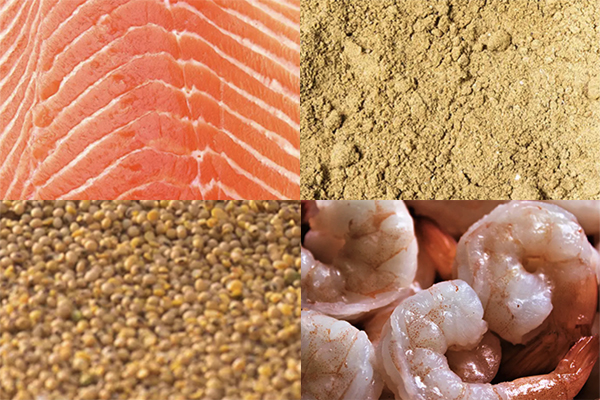
Intelligence
Salmon aquaculture to remain strong in 2024, but shrimp sector expected to struggle: Rabobank
Rabobank analysts predict better supply for salmon aquaculture and fishmeal in 2024, but low market prices for shrimp may become “the new normal.”



